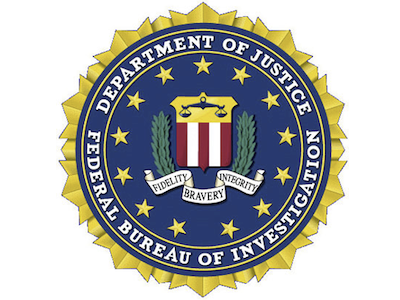FBI, DHS Issue Warning On North Korea-Linked Malware
The FBI and the DHS issued a joint warning on the “Volgmer” Trojan malware, which has been infecting multiple organizations across industries over the past few years. The FBI has “high confidence” that the IPs linked to Volgmer belong to North Korea.
Volgmer Trojan
The FBI said that the Volgmer malware has been noticed in the wild since 2013 and has targeted government, financial, automotive, and media industries. The primary delivery mechanism for the malware seems to be spear phishing, a type of phishing attack in which a specific individual or organization is targeted. Through it, the attackers can gain higher privileges inside the network and then further infect the network with their malware.
The Volgmer backdoor is capable of gathering system information, updating service registry keys, downloading and uploading files, executing commands, terminating processes, and listing directories. The US-CERT Code Analysis Team also observed in one of the malware samples that Volgmer has botnet controller functionality, too.
According to the government agencies inspecting this malware, Volgmer has been seen in 32-bit executable form, as well as a dynamic-link library (.dll). The malware uses a custom protocol, often with RC4 encryption, to send back data to the command and control (C2) servers. Volgmer maintains persistence by randomly selecting a Windows service in which it can copy itself.
Mitigations
The FBI and the DHS recommend that organizations take a look at the Volgmer-linked IPs and analysis. If they find those IPs connecting to their networks, the companies should take measures to block them and then look for the malware and remove it.
The government agencies have also prepared a list of host-based rules and network signatures that companies can use to detect malware activity related to North Korea. They warned that despite the careful selection of those rules and signatures, some false positives may exist.
The DHS also recommended that organizations implement security best practices, such as:
Get Tom's Hardware's best news and in-depth reviews, straight to your inbox.
Application whitelisting--by far the best security strategy, but often too limiting within a large organizationKeep operating systems and applications up-to-dateUse updated anti-malware solutions to scan all software that is downloaded before executionKeep user privileges at the minimum necessary to do the job at handAvoid enabling macros from documentsDo not follow unsolicited email links
The agencies would also like to remind companies that a successful network intrusion can lead to loss of sensitive and proprietary information, disruption to regular operations, and financial and reputation losses.
Lucian Armasu is a Contributing Writer for Tom's Hardware US. He covers software news and the issues surrounding privacy and security.
-
pjmelect What gets me is that North Korea has only a few hundred internet connected computers, With that few computers I would imagine that security services would monitor and analyse every internet communication so that they would know exactly what was going on. If not why not?Reply
